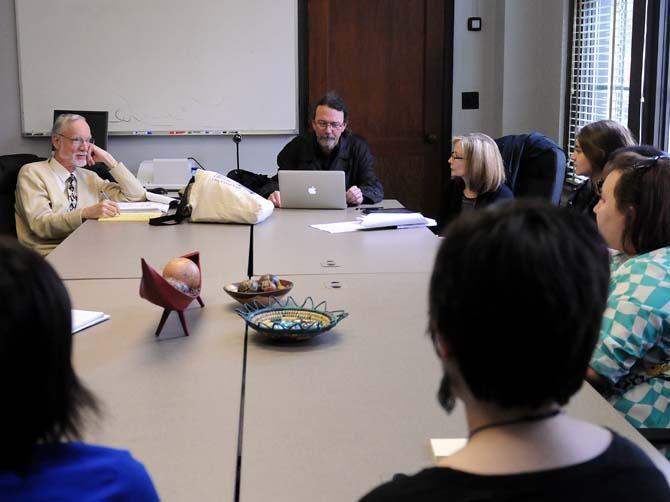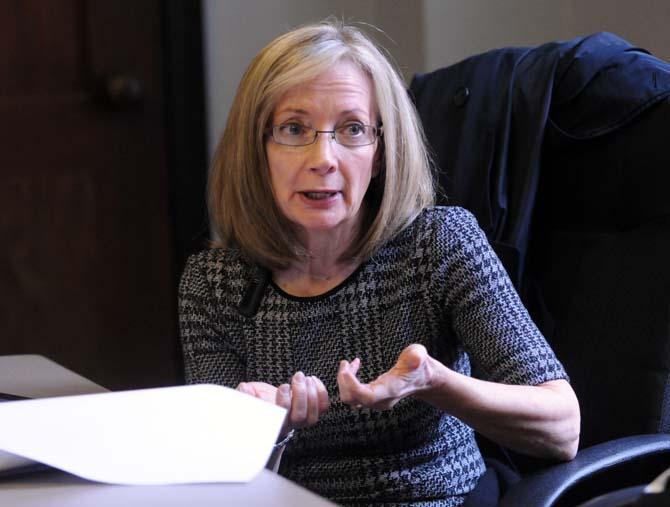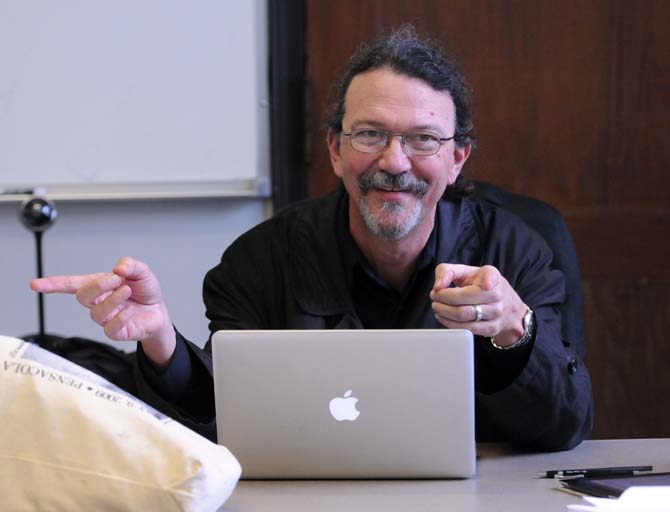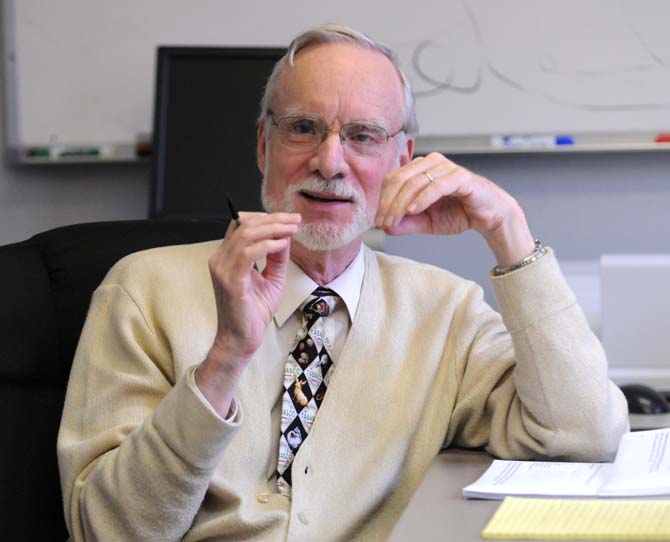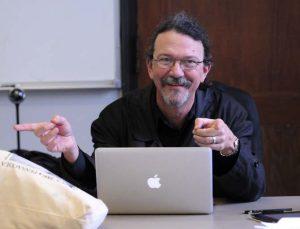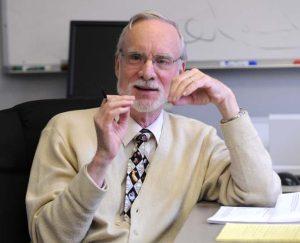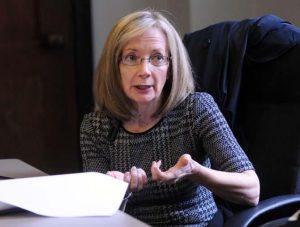Students and professors conducted the first required program review in 10 years of the international studies major on Monday, discussing possible changes to the program, such as more foreign language classes.
Committee chair Griffin Campbell said the purpose of the meeting was to understand what the students and the program need, such as new regional concentrations and foreign languages.
The international studies program is an interdepartmental program founded in 1998 as part of the College of Humanities and Social Sciences. The program offers a bachelor’s degree in international studies along with concentration and minor facets, according to the program’s self-study report — an internally based review.
Since its inception, the number of international studies majors gradually rose until its peak in 2010 with 305 majors. However, for the past three years, the program has experienced a steady decline in the number of students pursuing a bachelor’s, according to the self-study report.
International studies program director Leonard Ray suggested the decline could be a result of the University losing four foreign languages in 2010. That year Japanese, Swahili, Russian and Portuguese were phased out of the curriculum, leaving only six languages to choose from in order to complete the 20 hour foreign language requirement.
Ray also attributed the decline in students to a lack of professors contractually obligated to teach. For instance, the foreign languages that were removed were taught by adjunct professors and those not under tenure. The self-study report also states Middle East experts from various departments left the University in spring 2013.
There was concern about the addition and elimination of courses as a result of the loss of teachers. Students at the meeting agreed there should be classes focused on South and Southeast Asia and South Africa in conjunction with the established region courses. There was also an overall consensus for the implication of a course designated to research methodology before the 4000 level.
“Throughout political science, history and geography in the 4000 level, there’s research. You get an idea of what you need to do, but we need a class dedicated to the final research project,” international studies senior Roger McChargue said.
Students also asked for more foreign language classes, such as Hindi or Farsi. There was hope for a 4000 level Arabic course in order for students to become more fluent in the language.
The fate of the global studies concentration was also discussed. Referred to as a “catch-all” for interdisciplinary international studies courses, students decided it would be more beneficial if there was another thematic concentration, such as global economics, in place of global studies.
When asked for a possible timeline for the new ideas to be implemented, Campbell said there were no guarantees. He said there would be subsequent meetings with the dean and provost before changes could be made.
International studies reviews program
By Whitney Lynn
February 10, 2014
A panel meets with students to discuss the University’s international studies program Monday, Feb. 10, 2014 in Howe Russel.


